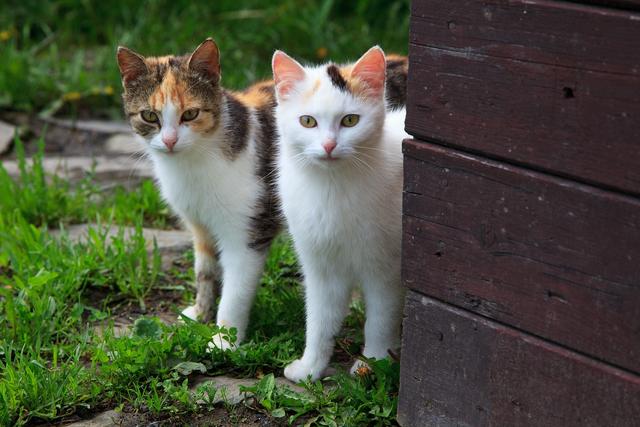Myths about teaching can hold you back
- Year 9
Heritable variation
I can describe examples of different types of variation that can and cannot be passed on to an organism’s offspring.
- Year 9
Heritable variation
I can describe examples of different types of variation that can and cannot be passed on to an organism’s offspring.
These resources will be removed by end of Summer Term 2025.
Switch to our new teaching resources now - designed by teachers and leading subject experts, and tested in classrooms.
These resources were created for remote use during the pandemic and are not designed for classroom teaching.
Lesson details
Key learning points
- There are differences in the features of individuals of the same species, and this is called variation.
- Some variation is caused by the environment (e.g. injuries) or lifestyle (e.g. exercising to grow big muscles).
- Environmental variation is not heritable, it cannot be passed on to offspring.
- Some variation is caused by genetic information (e.g. the instructions for making claws or camouflaged skin).
- Genetic variation is heritable, it can be passed on to offspring.
Keywords
Variation - Variation is the term for differences between individuals of the same species.
Environmental variation - Differences between individuals that are caused by the environment are known as environmental variation.
Genetic variation - Differences between individuals that are caused by the genetic material they inherit are known as genetic variation.
Offspring - The offspring of a living organism are the young produced following reproduction.
Heritable - Heritable traits are features that can be passed on from a parent to their offspring via instructions stored in genetic material (DNA).
Common misconception
It is common for students to believe that all types of variation can be passed on from parents to their offspring.
This lesson explores examples of variation that can and cannot be passed on from parents to their offspring, and links this to their causes.
To help you plan your year 9 science lesson on: Heritable variation, download all teaching resources for free and adapt to suit your pupils' needs...
To help you plan your year 9 science lesson on: Heritable variation, download all teaching resources for free and adapt to suit your pupils' needs.
The starter quiz will activate and check your pupils' prior knowledge, with versions available both with and without answers in PDF format.
We use learning cycles to break down learning into key concepts or ideas linked to the learning outcome. Each learning cycle features explanations with checks for understanding and practice tasks with feedback. All of this is found in our slide decks, ready for you to download and edit. The practice tasks are also available as printable worksheets and some lessons have additional materials with extra material you might need for teaching the lesson.
The assessment exit quiz will test your pupils' understanding of the key learning points.
Our video is a tool for planning, showing how other teachers might teach the lesson, offering helpful tips, modelled explanations and inspiration for your own delivery in the classroom. Plus, you can set it as homework or revision for pupils and keep their learning on track by sharing an online pupil version of this lesson.
Explore more key stage 3 science lessons from the Adaptations, competition, natural selection and evolution unit, dive into the full secondary science curriculum, or learn more about lesson planning.

Licence
Prior knowledge starter quiz
6 Questions
Q1.Where is the genetic material stored in plant and animal cells?
Q2.True or false? Boys look like their Dad and girls look like their Mum.

Q3.Genetic information is stored as in the nucleus.
Q4.How many chromosomes does each human parent pass onto their offspring?
Q5.Which features do these cats not share?

Q6.Who is right?





Assessment exit quiz
6 Questions
Q1.What is the term for differences between individuals of the same species?
Q2.Which of the following are examples of environmental variation in plants?



